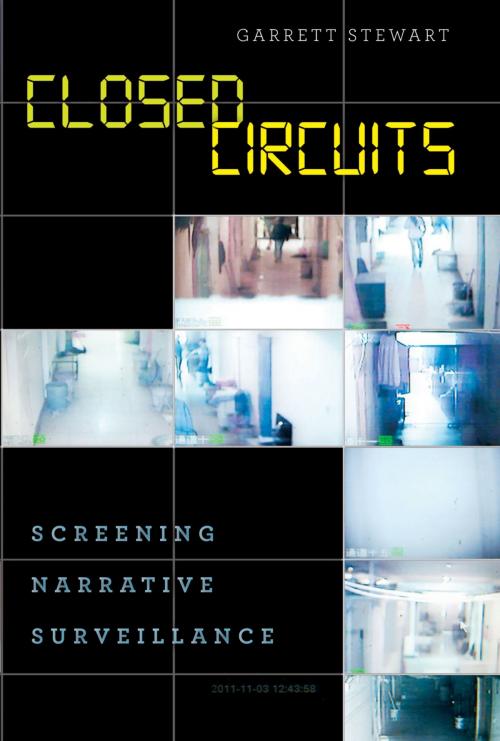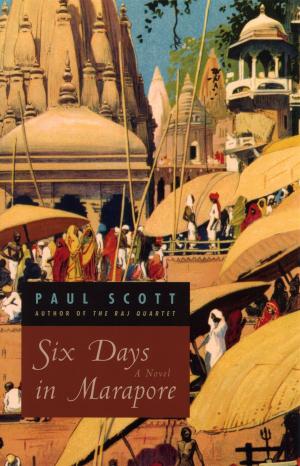Closed Circuits
Screening Narrative Surveillance
Nonfiction, Entertainment, Film, History & Criticism, Performing Arts| Author: | Garrett Stewart | ISBN: | 9780226201351 |
| Publisher: | University of Chicago Press | Publication: | January 30, 2015 |
| Imprint: | University of Chicago Press | Language: | English |
| Author: | Garrett Stewart |
| ISBN: | 9780226201351 |
| Publisher: | University of Chicago Press |
| Publication: | January 30, 2015 |
| Imprint: | University of Chicago Press |
| Language: | English |
The recent uproar over NSA dataveillance can obscure the fact that surveillance has been part of our lives for decades. And cinema has long been aware of its power—and potential for abuse.
In Closed Circuits, Garrett Stewart analyzes a broad spectrum of films, from M and Rear Window through The Conversation to Déjà Vu, Source Code, and The Bourne Legacy, in which cinema has articulated—and performed—the drama of inspection’s unreturned look. While mainstays of the thriller, both the act and the technology of surveillance, Stewart argues, speak to something more foundational in the very work of cinema. The shared axis of montage and espionage—with editing designed to draw us in and make us forget the omnipresence of the narrative camera—extends to larger questions about the politics of an oversight regime that is increasingly remote and robotic. To such a global technopticon, one telltale response is a proliferating mode of digitally enhanced “surveillancinema.”
The recent uproar over NSA dataveillance can obscure the fact that surveillance has been part of our lives for decades. And cinema has long been aware of its power—and potential for abuse.
In Closed Circuits, Garrett Stewart analyzes a broad spectrum of films, from M and Rear Window through The Conversation to Déjà Vu, Source Code, and The Bourne Legacy, in which cinema has articulated—and performed—the drama of inspection’s unreturned look. While mainstays of the thriller, both the act and the technology of surveillance, Stewart argues, speak to something more foundational in the very work of cinema. The shared axis of montage and espionage—with editing designed to draw us in and make us forget the omnipresence of the narrative camera—extends to larger questions about the politics of an oversight regime that is increasingly remote and robotic. To such a global technopticon, one telltale response is a proliferating mode of digitally enhanced “surveillancinema.”















